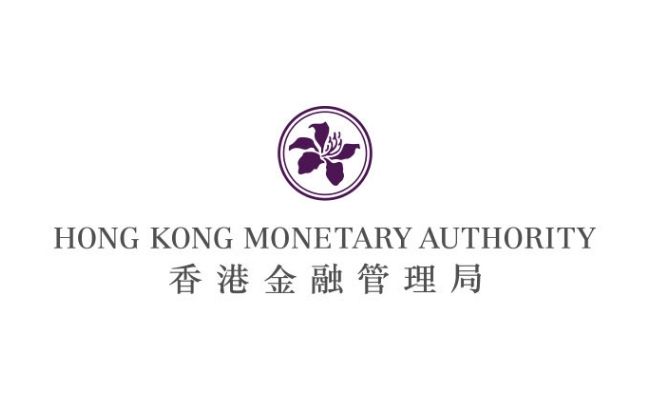Why WeChat City Services Is A Game-Changing Move For Smartphone Adoption
TECHCRUNCH: Last month, WeChat launched City Services in select towns across China. If you’re already a user of WeChat, simply change your location to one of the three pilot cities and the language to Chinese and you’ll be presented with a wide array of additional services that may be accessed from right within the app.
As the name says, it basically is trying to solve all problems any person (which is somewhat equal to what the customer persona is in the case of messaging apps) would need to get solved without actually exiting WeChat. Booking doctor appointments, reporting incidents to the police, booking flights, hailing a taxi — you name it.
But behind an obvious approach to becoming a leader in as many verticals as possible, the true force of what WeChat is doing lies within the app itself — and messaging apps in general — by becoming an aggregator of the most frequently used and popular services available on mobile devices.
This will not only make customer retention less of a hassle, but it might also grow WeChat’s user-base, both among Generation Z, which will take on this as they become accustomed to portable technology during their upbringing, but also among the large numbers not interested in scores of new apps who just want the comfort brought by technology. This is what would harness the true force of all-in-one apps, and this is where we’re heading.
WeChat City Services may very well also mean a great deal for the further growth of smartphone and portable device adoption worldwide. It is estimated that almost 7 out of 10 people in the world will own a portable device until 2017. Sure, storage in phones is not the expensive part of a phone, but while looking at my own Android device, I can’t help but feel a little bit frustrated when the occasional “not sufficient storage space to install” pop-up appears. And I definitely wouldn’t buy another phone just for the sake of more memory space.
This is an area that may be tackled in the next decade of mobile devices development: how to get access to more information and more services from your handheld device without the need for strong hardware. Think of mobile computing-as-a-serivce, Project Ara, push notifications replacing apps in their entirety and contextual search engines giving you access to app information — WeChat City Services opens a gateway to minimize multiple-app dependency and may be the stepping stone to minimize device dependency.
If WeChat capitalizes on this properly, then it could turn into an app with other satellite apps acting as small, resource-low plug-ins to it.
We’re still far from that, but bet on messaging apps becoming what app stores are now — a gateway to finding the best additional plugins to add to your interface with a single tap of a button. The question will then be: Would you be willing to pay in order to have an all-in-one facilitator on your phone, and how much?




